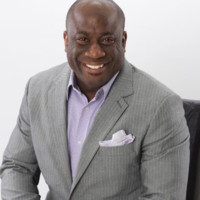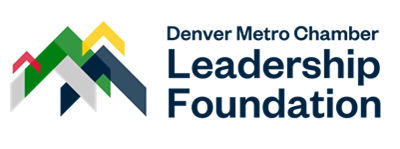What would you do if you had access to 5,000 leaders in your community? Dawanta Parks, veteran representative for Colorado Department of Labor & Employment, Impact Denver 2016 alum and Leadership Denver (LD) 2020 participant, has found his community through The Network, an online community just for Leadership Foundation alumni.
 Parks is the Networker of the Quarter because of his thoughtful contributions to his LD classmates and sharing volunteer opportunities with Project Homeless.
Parks is the Networker of the Quarter because of his thoughtful contributions to his LD classmates and sharing volunteer opportunities with Project Homeless.
Get to know Parks and connect with him on The Network. Login to discover how you can engage with alums.
Elizabeth Prutch: Why are you active on The Network?
Parks: I am currently in the LD 2020 Class and this platform has been useful in getting to know other LD classmates and alumni.
Prutch: What have you gained from being active on The Network?
Parks: I have gained connections through opportunities to connect with other LD classmates outside scheduled workshops and class sessions.
Prutch: Why should other alumni join The Network?
Parks: The Network truly helps us maintain contact and builds a stronger leadership network in Denver and in Colorado.
Prutch: What is your leadership style?
Parks: My leadership style switches between situational, visionary and participative.
Prutch: What advice do you have for others regarding leadership?
Parks: There is not a one-size-fits-all. You must understand your strengths and weakness. Peter Drucker, father of “Management by Objectives,” said it best: “Effective leadership is not about making speeches or being liked; leadership is defined by results not attributes.” This is a quote that has been the foundation for my leadership style.
Prutch: What does civic engagement mean to you?
Parks: The ability to make a positive social impact on the community.
Over the last couple of years, I have noticed the gaps in services for homeless populations in Denver. In 2016, a work associate and I created a grassroots community group to address the needs of disenfranchised populations in Denver. We would plan community events – 100 percent donations – that included hot meals, socks, personal hygiene items, dental services, health screenings, haircuts, veterinary services, community services, housing resource information, laundry services, employment opportunities and one-on-one interaction. Many people see the homeless population as invisible people, our group recognized them as individuals and not the problem.

